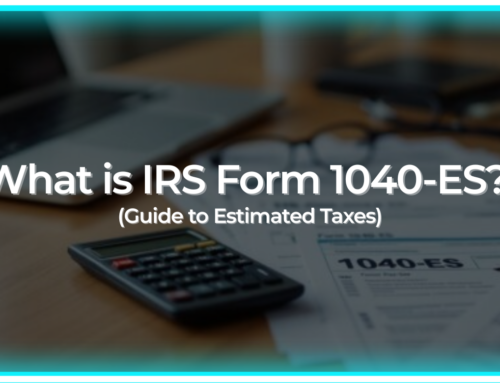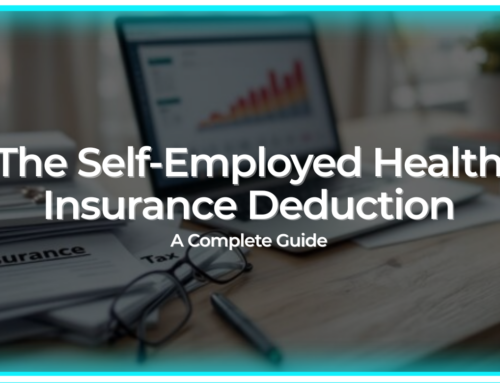Hi, I’m Bette Hochberger, CPA, CGMA. The IRS has some big changes on the horizon, so I wanted to come on here and discuss the recent news! In a bid to promote fairness and transparency, they’ve unveiled plans to refocus their attention on high-earning individuals, large corporations, and specific partners that have been exploiting tax laws.
So, what sparked this move? Recent funding from the Inflation Reduction Act and a comprehensive review of past enforcement efforts. This shift is aimed at bringing more scrutiny to those affluent sections that have seen a decline in audit rates over the past decade.
To make this transition smoother and more effective, the IRS is investing in advanced technology and Artificial Intelligence. These tools are designed to better spot tax evasion, identify potential risks, and make the audit selection process more efficient.
The good news for average taxpayers: the IRS is ensuring that individuals making less than $400,000 annually won’t experience an increase in their audit rates. Plus, they’re introducing new measures to ensure fairness for those who claim the Earned Income Tax Credit (EITC). This credit was crafted to assist workers with average incomes. However, it’s been noted that while many EITC recipients faced high audit rates, those with higher earnings or complex tax situations experienced a drop.
What’s driving the IRS? A commitment to collecting funds for critical government missions, such as ensuring safety in various sectors. They aim to bridge the gaps in tax compliance that have expanded over the years. Their goal? To amplify efforts on those who risk jeopardizing the nation’s tax system, be it wealthy individuals or those promoting aggressive tax evasion schemes.
What’s next for the IRS? A broader initiative to ensure compliance. Some of the notable changes include:
- Expansion in monitoring high-income earners: This will involve a closer look at individuals with considerable incomes who also have significant recognized tax debts.
- AI-aided partnerships: Given the intricate structures of large partnerships, the IRS plans to employ AI to identify high-risk areas and allocate resources more effectively.
- Strengthening partnership compliance: The IRS noticed discrepancies in balance sheets of partnerships with substantial assets, signaling potential non-compliance. There are plans to address these inconsistencies more aggressively.
Furthermore, they will be tackling other areas of concern such as digital asset monitoring, FBAR violations, and the dubious dealings of some construction contractors. While these efforts will be amped up, there’s also a focus on safeguarding average taxpayers from scams. Commissioner Werfel reassured, “The IRS is on the side of taxpayers,” expressing the organization’s dedication to protecting individuals from potential fraud or scams related to the tax system.
Wrapping up, as we head towards the end of the year, taxpayers can expect a fairer and more transparent approach from the IRS. By integrating modern tech and a revamped strategy, the IRS aims to restore trust and equity to the tax system.
I hope you learned something new today. As always, stay safe, and I will see you next time.







